Suan Dusit University (SDU) recognizes the vital importance of building a resilient and sustainable grassroots economy, especially in areas where the university has campuses and learning centers that serve as hubs of local development. Acting as both a “source of funding” and a “source of knowledge,” SDU has continuously worked to empower people in local communities to start new businesses (Start-ups) or upgrade existing enterprises to enhance their economic and social potential.
The university is committed to continuously mobilizing financial resources — both from its internal budget allocation and through funding support from national-level external agencies — to serve as “seed capital” for developing and expanding community enterprises. These funds drive creative economy initiatives such as local product innovation, safe agriculture technologies, and the establishment of networks of new entrepreneurs around SDU campuses.
Through this proactive approach, Suan Dusit University has positioned itself as a “financial and knowledge mentor” — not only imparting academic expertise but also providing tangible financial and structural support. This approach enables communities to transform knowledge into livelihoods and livelihoods into sustainable local businesses.In fiscal year 2024 (B.E. 2567), two major projects exemplified this mission:
Project 1: “Upgrading Community Products and Tourism to Drive a Creative and Sustainable Economy in Suphanburi Province”
Implemented by: Office of Community Innovation, Suan Dusit University, Suphanburi Campus Budget: 1,800,000 BahtFunding Source: Reinventing University Project, FY 2024
The Reinventing University Project, supported by the Ministry of Higher Education, Science, Research and Innovation (MHESI), aims to enhance the strategic role of Thai universities as engines of innovation, research, and human capital development in line with the national agenda.
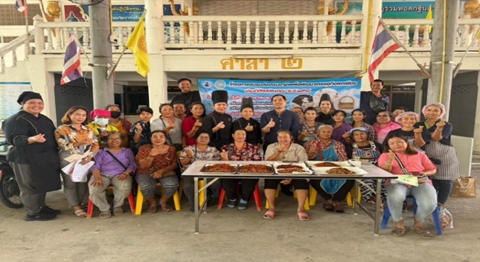
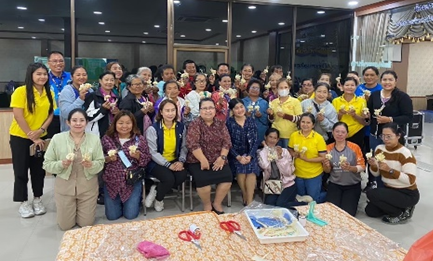
🎯 Objective
To strengthen local communities’ capacity in production, marketing, and creative tourism management, enabling them to generate income and manage local resources independently and sustainably.
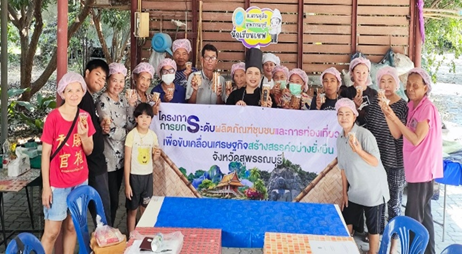
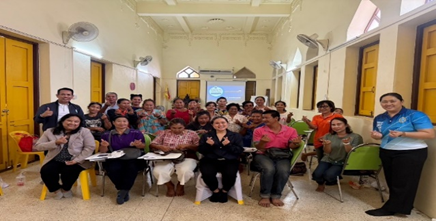
🧭 Key Activities
- Knowledge and Innovation Transfer for Local Entrepreneurs
- Organized 13 training courses covering product development, packaging design, marketing, and environmental management.
- Examples:
- “Herbal Snakehead Fish Chili Paste”
- “Cultural-Based Packaging Design”
- “Online Marketplace Skills for Community Entrepreneurs”
- Total of 586 participants including entrepreneurs, community enterprises, and local officials.
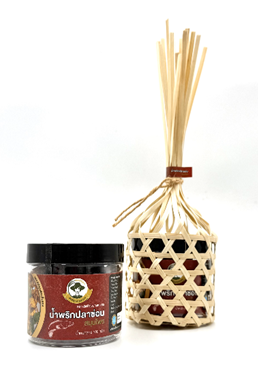
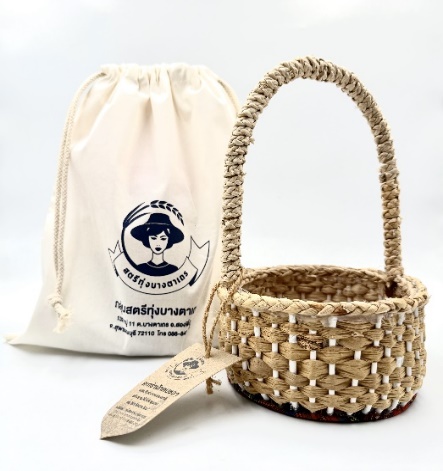
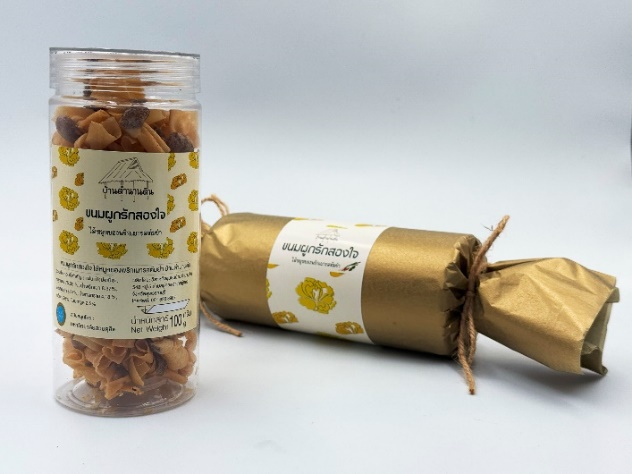
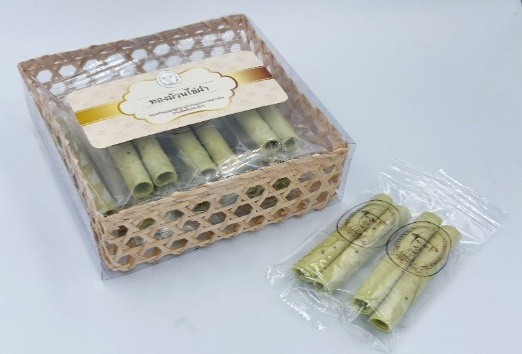
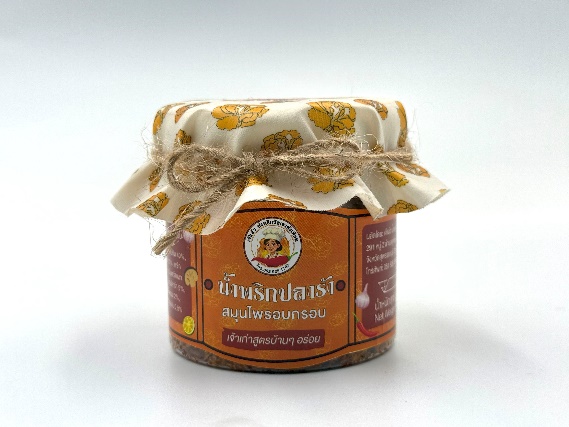
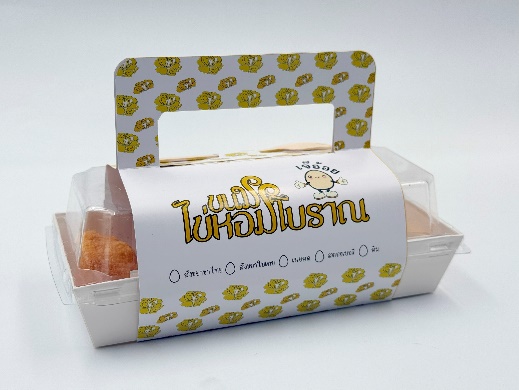
- Value-Added Product Development
- Created 8 new local products from processed food and agricultural by-products.
- Supported 8 community enterprise groups (232 participants) to improve product quality and market appeal through packaging redesign.
- Development of Community-Based Tourism Routes
- Collaborated with Wat Phai Rong Wua and Wat Khao Tham Thiam communities to design two new cultural tourism routes.
- Produced promotional videos, check-in signs, and tourism maps.
- 42 participants joined field-based activities to promote local tourism.
🌿 Outcomes
- Communities developed high-quality, income-generating local products.
- Established creative tourism and community enterprise networks across Suphanburi Province.
- Strengthened local identity and readiness for the creative economy.
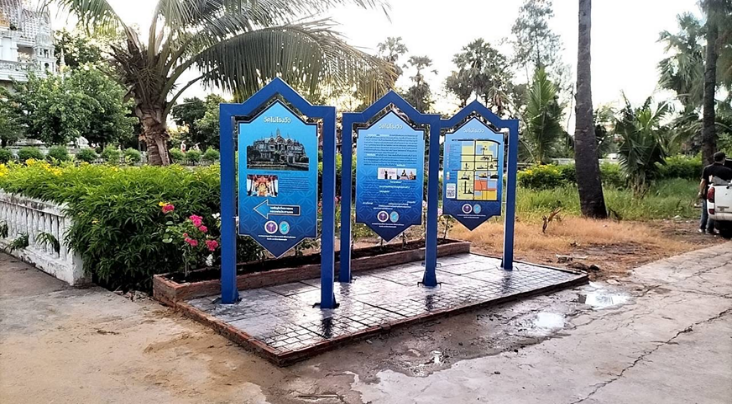
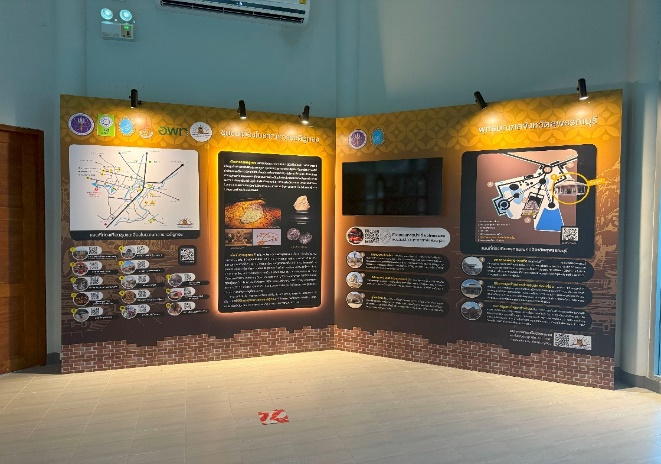
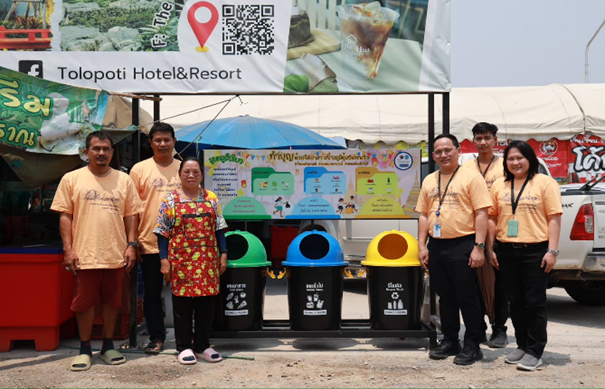
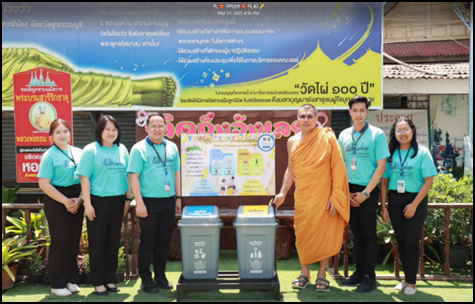
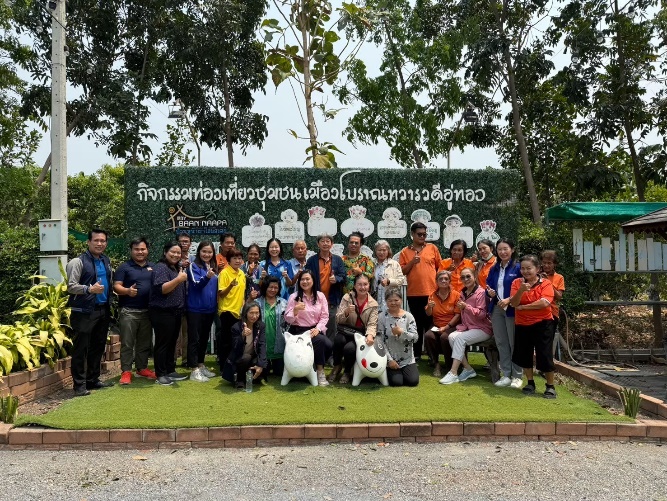
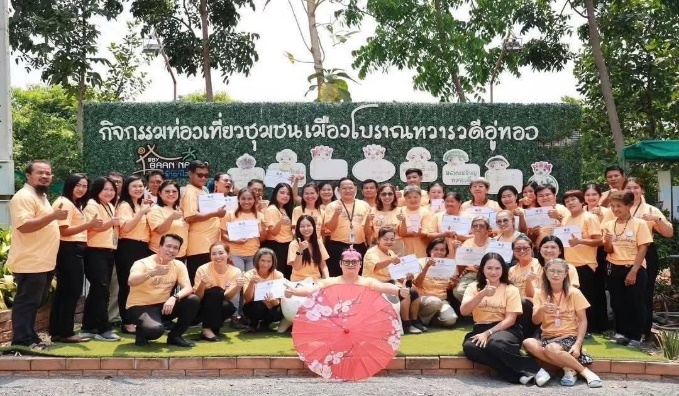
Project 2: “Developing Learning Centers and Services to Enhance Safe Food Production in Local Communities”
Implemented by: Khajorn Farm, Suan Dusit University, Suphanburi Campus
Budget: 2,174,300 Baht Funding Source: Value-Added Agriculture Project, FY 2024
This project received funding through competitive proposal submission, supported by SDU’s strong institutional capacity and innovative potential.
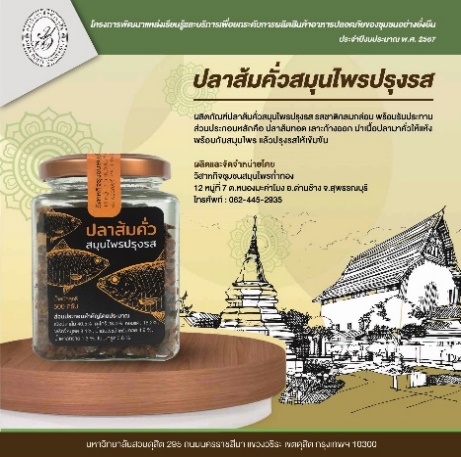
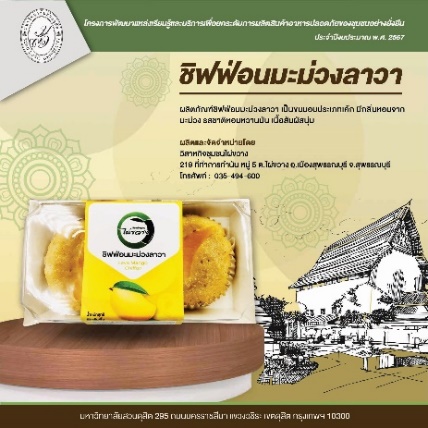
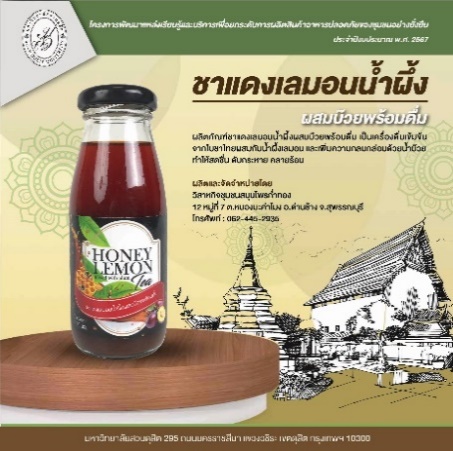
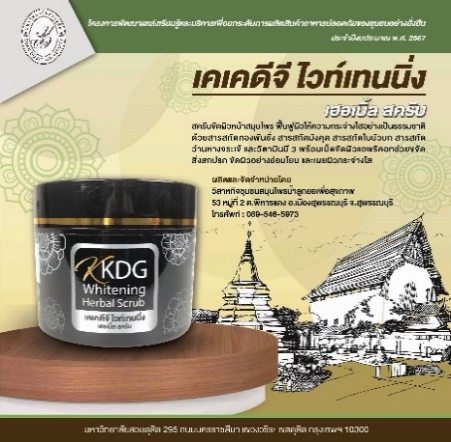
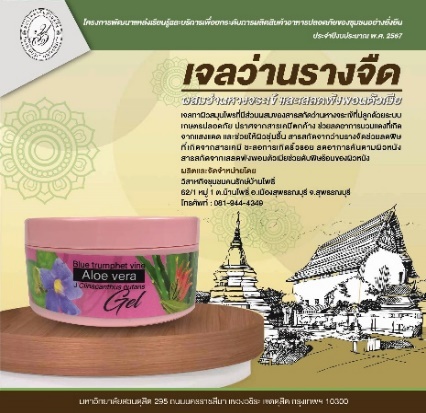
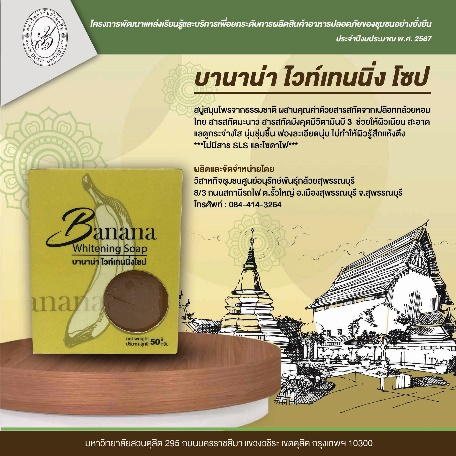
🎯 Objective
To advance knowledge, technology, and innovation in safe agriculture, helping farmers and community enterprises increase productivity, reduce costs, and create value-added agricultural products.
🧭 Key Activities
- Smart Agriculture Training
- Conducted workshops on “Smart Greenhouse Melon Cultivation” for farmers from Phuket, Krabi, and Samut Prakan (360 participants).
- Introduced IoT-based environmental control systems to optimize humidity, light, temperature, and water usage.
- Training on Organic Fertilizer and Growing Media Production
- Shared 10 organic fertilizer and planting material formulas with 120 local farmers to reduce costs and enhance yields.
- Agricultural Product Quality Testing Services
- Provided pesticide residue testing for 50 samples, engaging 11 pilot farmers in the process toward GAP certification.
- Product Innovation and Technology Development
- Co-developed 12 innovative products, including:
- Honey Lemon Red Tea
- Herbal Fried Fermented Fish
- Aloe Vera–Rang Chuet Gel
- Herbal Soap with Black Chicken Extract
- Collaborated with community enterprises such as Ban Pho Herbal Group and Nam Luk Yor Herbal Enterprise.
- Co-developed 12 innovative products, including:
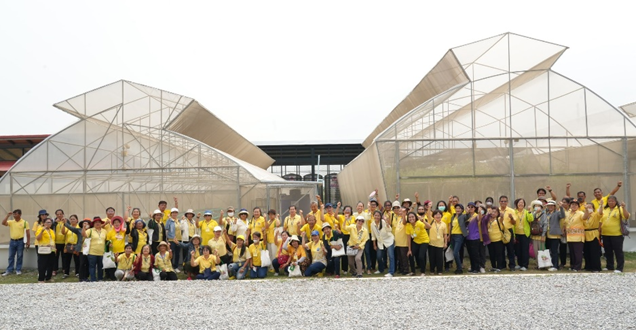
- Community Market and Online Platform Development
- Established the “Khok Kho Thao Community Market” with over 33 local vendors and 617 participants.
- Developed the e-commerce platform Homkhajorn.dusit.ac.th to promote local products nationwide and internationally.
- Produced over 48 infographics and promotional videos for community marketing.
🌿 Outcomes
- Farmers achieved GAP-certified safe agricultural production.
- Community enterprises gained hybrid sales channels (online/offline).
- Strengthened cooperation between farmers, researchers, and local businesses.
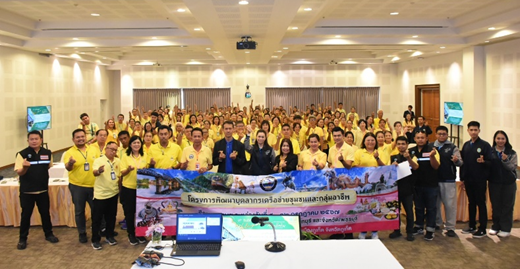
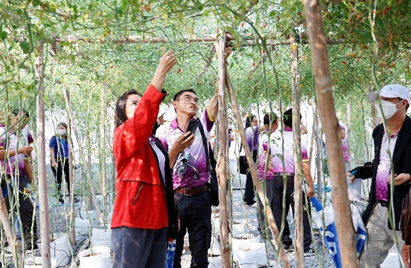
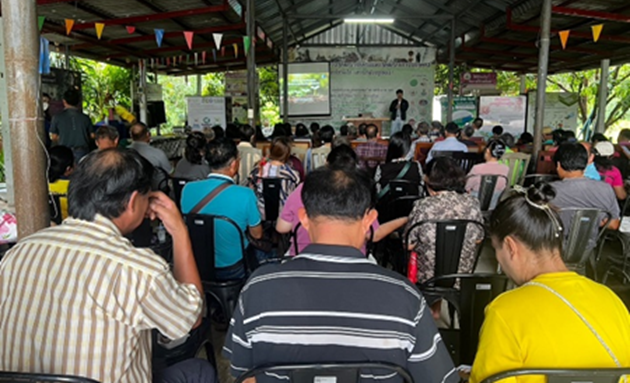
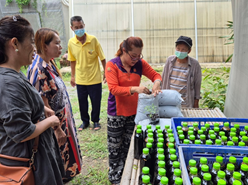
The Power of a University That Stands Beside Its Communities
Suan Dusit University firmly believes that:
“Financial support alone cannot create lasting value — true development happens when the university becomes a mentor who walks alongside the community.” The university therefore adopts an integrated approach that goes beyond funding, providing end-to-end support — from potential analysis, knowledge transfer, product development, and packaging design to marketing and distribution — without any cost to local entrepreneurs. These two flagship projects in Suphanburi stand as shining examples of the “University for Community” model. SDU not only shares knowledge but also invests structurally to build a resilient and sustainable local economy. From Suphanburi Campus to Hua Hin, Lampang, and Nakhon Nayok Learning Centers, Suan Dusit University remains steadfast in its mission to “Develop and uplift the quality of life in every community it serves.” Because at SDU, we believe that — “Good education begins by standing side by side with the community.”
